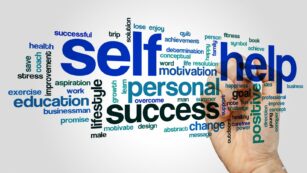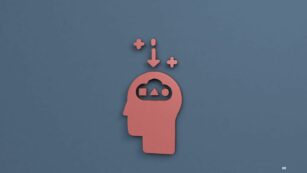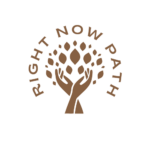In today’s fast-paced world, self-improvement is more than a goal; it’s a necessity, especially for women who juggle multiple roles across personal and professional spheres. Books aimed at personal growth and empowerment have become vital tools for those looking to enhance their lives. Particularly, self-improvement books tailored for women offer insights and strategies that resonate with the unique challenges and aspirations they face.
Self Improvement Books for Women
 Self-improvement books specifically tailored for women offer valuable insights and practical advice, empowering them to tackle unique challenges and achieve personal goals.
Self-improvement books specifically tailored for women offer valuable insights and practical advice, empowering them to tackle unique challenges and achieve personal goals.
The transition from general self-help literature to those focusing exclusively on women marks a significant shift in the literary landscape. This shift recognizes the distinct needs and experiences of women in various stages of their lives. Examples include books focusing on leadership, like Sheryl Sandberg’s Lean In, which addresses the challenges women face in the workplace, or books dealing with work-life balance that provide strategies for juggling career and family. Such gender-specific titles not only cater to women’s specific situations but also encourage a deeper understanding of their personal and professional lives.
Impact on the Feminist Movement
Self-improvement books have a profound influence on the feminist movement by encouraging women to assert their rights and value their worth. Books like Women Who Run With the Wolves by Clarissa Pinkola Estés explore themes of freedom and self-discovery, which resonate with the principles of feminism. They empower women to seek equality in all aspects of life. By exploring these themes, women gain the courage to advocate for themselves and others, furthering the feminist movement’s goals of equality and empowerment.
Popular Categories of Self-Improvement Books
Self-improvement books for women cover a wide range of topics, all designed to cater directly to women’s professional and personal growth needs. These books provide readers with empowering tools and knowledge.
Career Development
 Career development books geared toward women often focus on enhancing leadership skills, negotiation tactics, and career planning. Titles like “Lean In” by Sheryl Sandberg offer strategies for women to climb the corporate ladder and thrive in their careers. These resources aim to break down barriers women face in the workplace by providing practical advice on overcoming systemic challenges and leveraging their unique strengths.
Career development books geared toward women often focus on enhancing leadership skills, negotiation tactics, and career planning. Titles like “Lean In” by Sheryl Sandberg offer strategies for women to climb the corporate ladder and thrive in their careers. These resources aim to break down barriers women face in the workplace by providing practical advice on overcoming systemic challenges and leveraging their unique strengths.
Books that focus on personal health and well-being address the holistic improvement of women’s lives by fostering physical, mental, and emotional wellness. Authors like Brené Brown, with works such as “Daring Greatly,” encourage women to embrace vulnerability and build resilience. These books often combine scientific research with personal anecdotes to guide women through stress management, fitness, and healthful living, promoting a balanced lifestyle.
Relationships and Communication
Improving relationships and communication is another crucial category within self-improvement books for women. These works help readers enhance their interpersonal skills, understand emotional intelligence, and build stronger connections with others. Books such as “Men Are from Mars, Women Are from Venus” by John Gray provide insights into relationship dynamics, offering advice tailored to women’s perspectives on nurturing and maintaining personal and professional relationships.
Critiques and Challenges in Self-Improvement Literature
 The self-improvement genre, while beneficial, faces its share of critiques and challenges, especially within literature aimed at women. Critics argue that some books might oversimplify complex life issues. For example, texts that propose quick-fix solutions can overlook the deep-seated societal challenges that women face. These books often imply that personal effort is the sole solution, potentially minimizing the role of systemic barriers in personal and professional realms.
The self-improvement genre, while beneficial, faces its share of critiques and challenges, especially within literature aimed at women. Critics argue that some books might oversimplify complex life issues. For example, texts that propose quick-fix solutions can overlook the deep-seated societal challenges that women face. These books often imply that personal effort is the sole solution, potentially minimizing the role of systemic barriers in personal and professional realms.
Another challenge concerns the diversity of perspectives presented in these books. Despite strides toward inclusivity, many self-imployment titles still primarily reflect the experiences and challenges of middle-class, white women. This lack of representation can alienate readers from different backgrounds or with different experiences, who may find the advice less applicable or relatable.
A further issue lies in the pressure these books may place on individuals. By setting high standards for personal and professional success, they can contribute to stress and feelings of inadequacy among readers who struggle to meet these ideals. This aspect raises concerns about the psychological impacts of self-help literature, which might counteract the positive intentions of the advice given.

